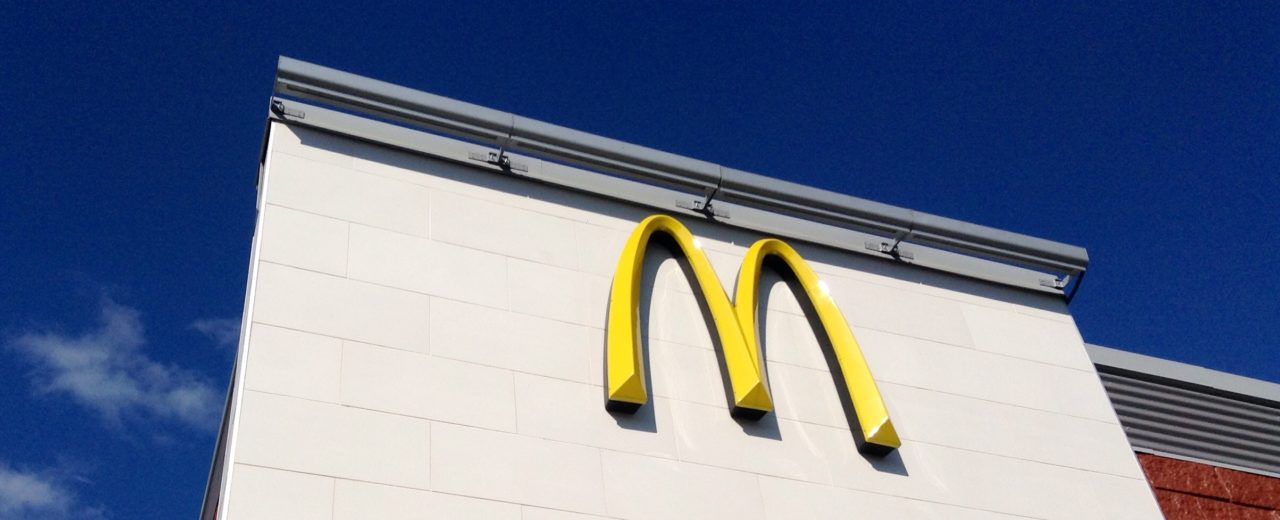
McDonald's has signed off on two long-term, large-scale virtual power purchase agreements (VPPAs) in which the company will purchase renewable energy generated by both a 160MW PV project in Texas and the Aviator Wind West project located in Coke County, Texas.
In total, the PV project and Aviator Wind West will boast 380MW of renewable-energy capacity, which will help prevent over 700,000 metric tons of carbon emissions annually, which stands as the equivalent of planting more than 11 million trees or taking over 140,000 cars off the road for a year.
Unlock unlimited access for 12 whole months of distinctive global analysis
Photovoltaics International is now included.
- Regular insight and analysis of the industry’s biggest developments
- In-depth interviews with the industry’s leading figures
- Unlimited digital access to the PV Tech Power journal catalogue
- Unlimited digital access to the Photovoltaics International journal catalogue
- Access to more than 1,000 technical papers
- Discounts on Solar Media’s portfolio of events, in-person and virtual
This combined energy output also stands as the equivalent to the electricity produced by over 2,500 McDonald’s restaurants. The 160MW PV project will be developed by Invenergy, while a specific location for the Texas installation was not disclosed.
Back in March 2018, McDonald's became the first restaurant company in the world to set a greenhouse gas emissions target that was approved by the Science Based Targets initiative (SBTi). These two projects will help the company reach its Climate Action Target, which would reduce greenhouse gas emissions related to McDonald's restaurants and offices by 36% by 2030.
Once these two projects are online and operational, the greenhouse gas emissions reductions from these two deals are expected to deliver 16% in McDonald’s progress toward its Climate Action Target.
Francesca DeBiase, chief supply chain and sustainability officer at McDonald's, said: “As we look at the most pressing social and environmental challenges facing the world today, McDonald's has a responsibility to take action, and our customers expect us to do what is right for the planet. These US wind and solar projects represent a significant step in our work to address climate change, building on years of renewable energy sourcing in many of our European markets. We want to keep this momentum going, and we're excited for what's next.”
These two projects will also jointly create over US$200M in local tax revenue, while also creating approximately 600 new short-term construction, operations, maintenance jobs, as well as 13 long-term jobs.
Marty Spitzer, senior director, climate and renewable energy, World Wildlife Fund, added: “McDonald's significant investment in 380MW of renewable energy to cover a large chunk of the GHG emissions from the electricity purchased by their franchisees is groundbreaking. Knowing their franchisees are typically small businesses that don't have the capacity or resources to buy renewable energy at the scale needed to tackle the climate challenge, McDonald's has taken a road untraveled. Other companies with thousands of franchisees need to take notice.”







